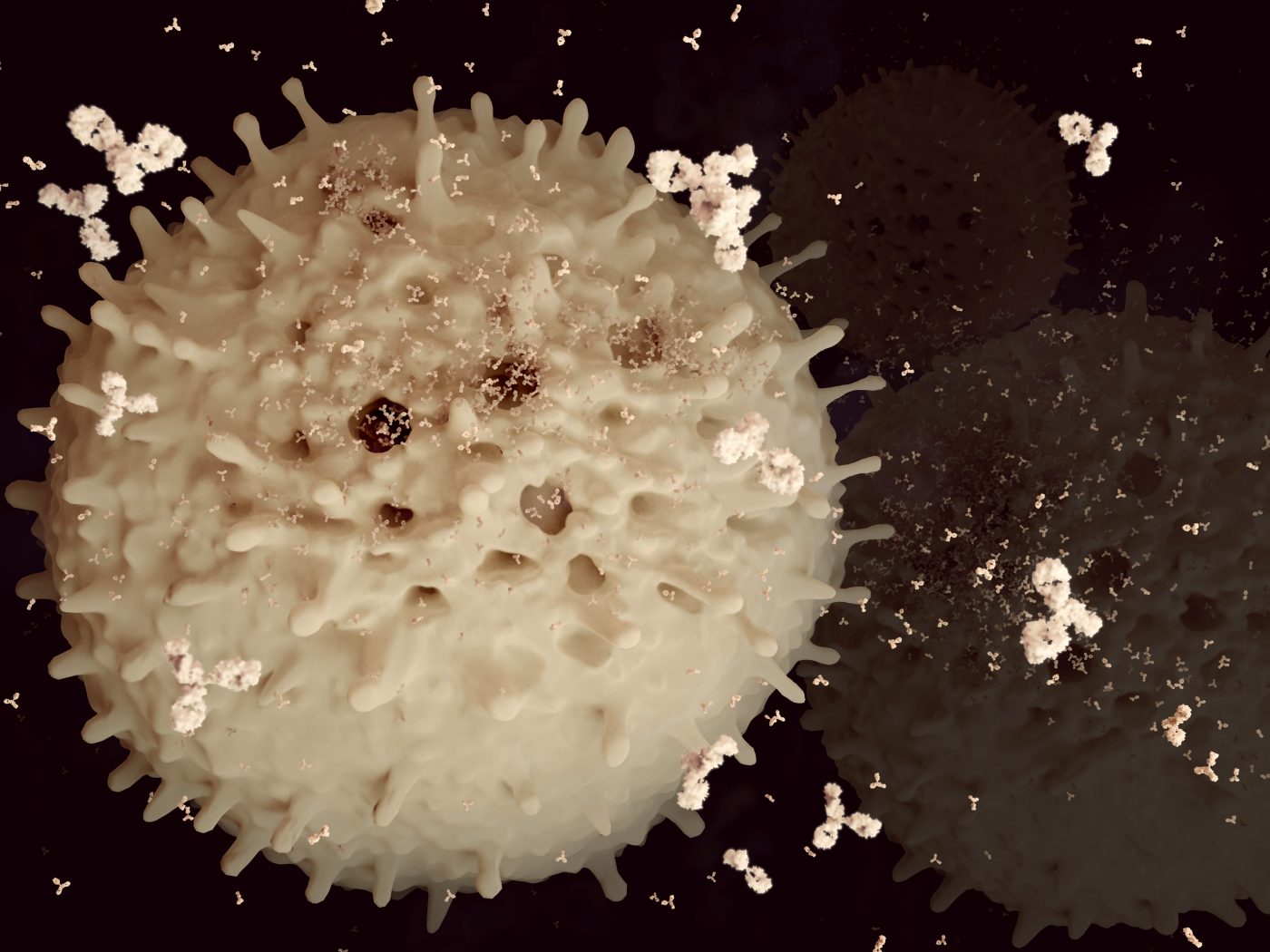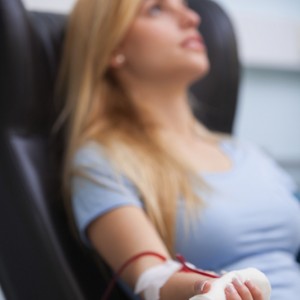Clinical Trial for MEDI-551 in Scleroderma Completed
Written by |

 A Phase 1 clinical trial recently ended that involved “A Study of the Safety and Tolerability of MEDI-551 in Scleroderma.” MedImmune LLC, sponsor of the study, last updated the results of the trial in an abstract presented through Annals of the Rheumatic Diseases.
A Phase 1 clinical trial recently ended that involved “A Study of the Safety and Tolerability of MEDI-551 in Scleroderma.” MedImmune LLC, sponsor of the study, last updated the results of the trial in an abstract presented through Annals of the Rheumatic Diseases.
According to “Safety and Tolerability of MEDI-551 in Subjects with Systemic Sclerosis (SSC): Results from A Phase 1 Randomized, Placebo-Controlled Escalating Single-Dose Study,” the pharmacodynamics and safety profile of MEDI-551 warrant further clinical development. Although patients taking MEDI-551 experienced adverse and serious events potentially due to treatment, and patients taking placebo experienced none, events were singular, and the only death was related to scleroderma worsening, not treatment.
As is often the case in clinical trials for scleroderma, the majority of patients treated were female. Multiple centers–some international–were involved in the study, but most were located in the United States.
During the trial, patients were segmented into one of five cohorts, each receiving a different dose of MEDI-551, which ranged from 0.1 to 10.0 mg/kg body weight. Another cohort received a placebo for comparison. Patient enrollment was low, with 24 patients receiving MEDI-551 and 4 patients receiving placebo, but all patients completed the 85-day primary follow-up period. All patients were evaluated for pharmacokinetic and pharmacodynamic parameters through blood collection until B-cell counts in patients’ blood returned to a baseline value.
[adrotate group=”3″]
B-cells were of interest in the study as an indicator of MEDI-551 function, as the drug is a humanized afucosylated IgG1K monoclonal antibody that depletes B-cell count by binding to CD19 receptors on B-cells. B-cells that display CD19 are considered a major component of scleroderma pathogenesis. In the conclusions of the study, the authors stated that “Rapid sustained B-cell depletion was observed following single IV infusion with 3.0 and 10.0 mg/kg MEDI-551,” suggesting these may be key doses for future studies.
Importantly, some patients taking MEDI-551 saw a decline in clinical activity, as determined by decreased modified Rodnan Skin Score (mRSS), which aids in defining skin thickening. Depending on final analysis, MEDI-551 may be further investigated for safety and tolerability in patients, as well as for efficacy both in the long-term and in the short-term.





